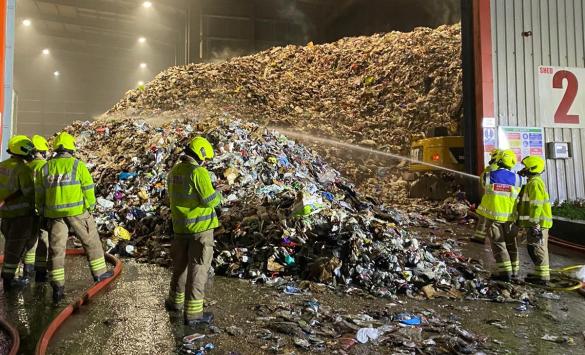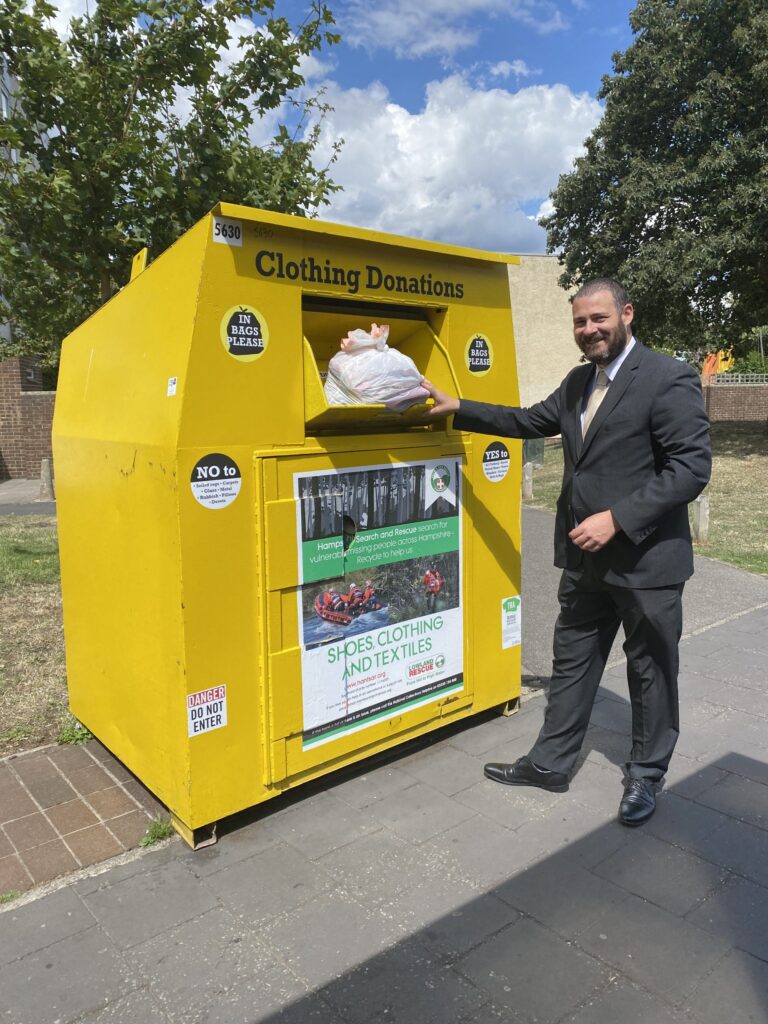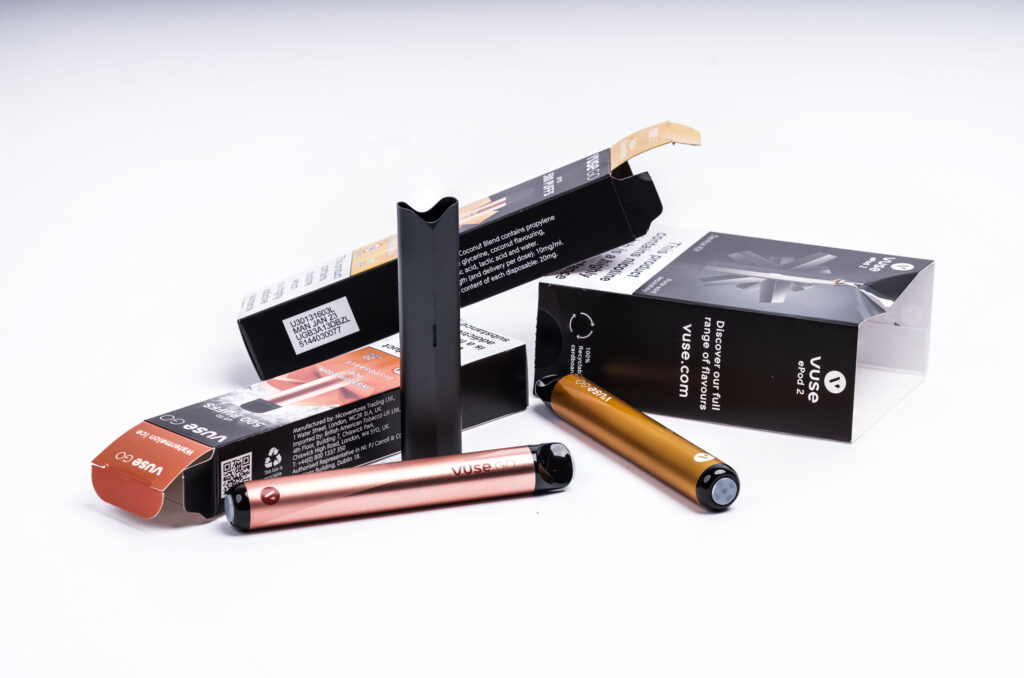The option of adapting an existing licence, as well as an alternative of a new permit, came from a government official at a London conference last Friday. She said that the ELV directive means any business handling ELVS will need authorisation, unless the vehicle has been depolluted. Regulations enforcing this will have to be made by April 2002.
With an Environment Agency speaker also going into depth about the waste management licensing system for metal recycling sites, there was a strong belief among delegates at the event, organised by MRW, that an amendment to the licence was the most likely option. Currently there are 750 licensed metals recyclers handling vehicles and they would simply need the license extension.
When the licensing system was introduced, the option of being registered was offered to smaller businesses as a way of helping them because they would have to pay less than a license and also could have less infrastructure. But now it appears that the 1,500 dismantlers and metals businesses who took the exemption route will have to invest heavily to be licensed instead since exempt businesses will not be allowed to handle ELVs. Alternatively, they could lose out on cars as a feedstock and face closure if it is a mainstay of their business.
However, the official, Pamela Szmigin from the Department of the Environment, Transport and the Regions, did hint that there could still be some exemptions but that they would have to be more restrictive.
Authorised ELV dismantlers will have to meet certain technical standards which will include impermeable surfaces as well as separate storage for fluids and dismantled car parts. The sites will become Authorised Treatment Facilities as defined in the Directive which will cover any activity after the ELV has been handed over to a facility for depollution, dismantling, shearing, shredding etc.
Licensed sites tend to be larger and have more infrastructure. Registered exempt sites are usually smaller in area and turnover and may have less concreted areas and reduced infrastructure.











Subscribe for free